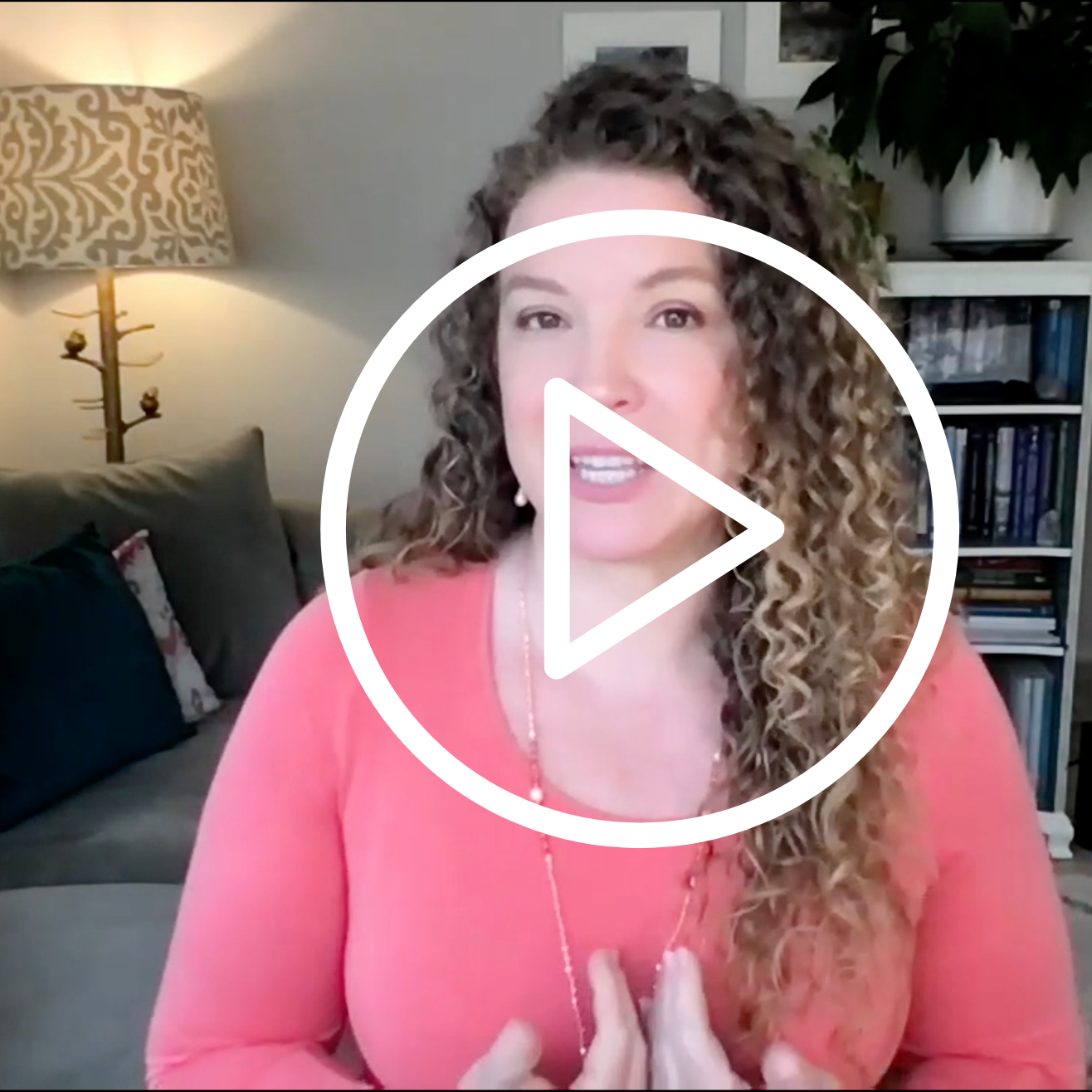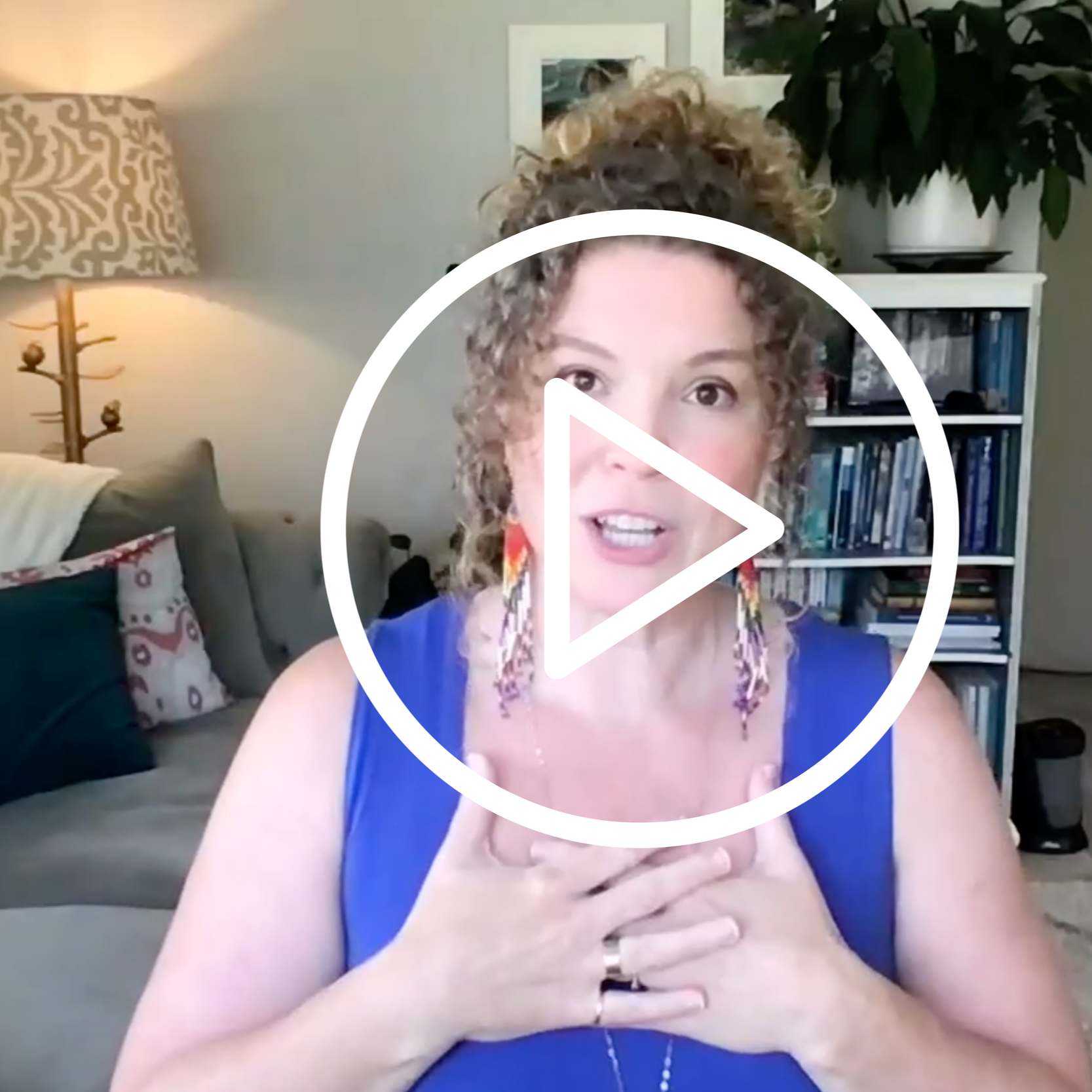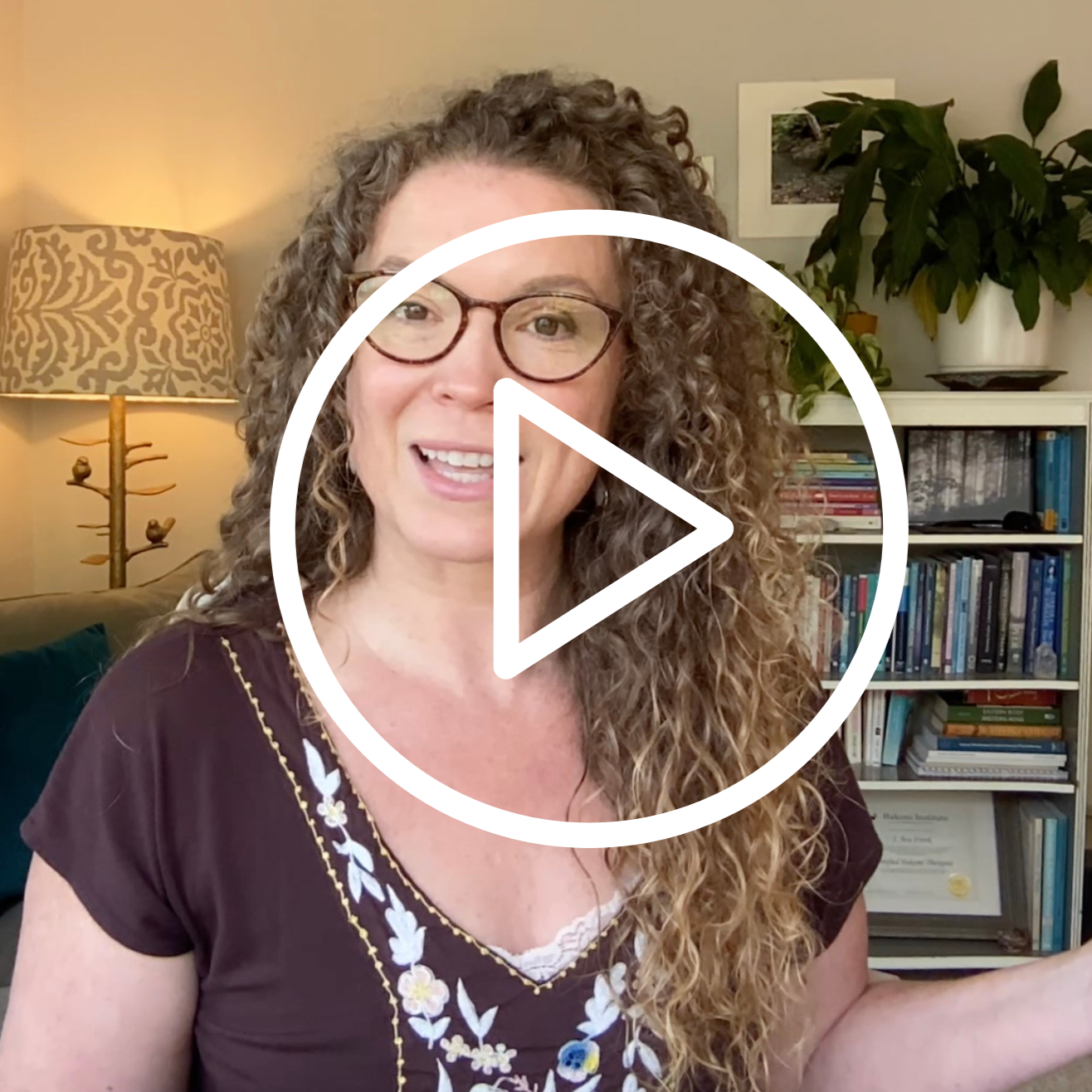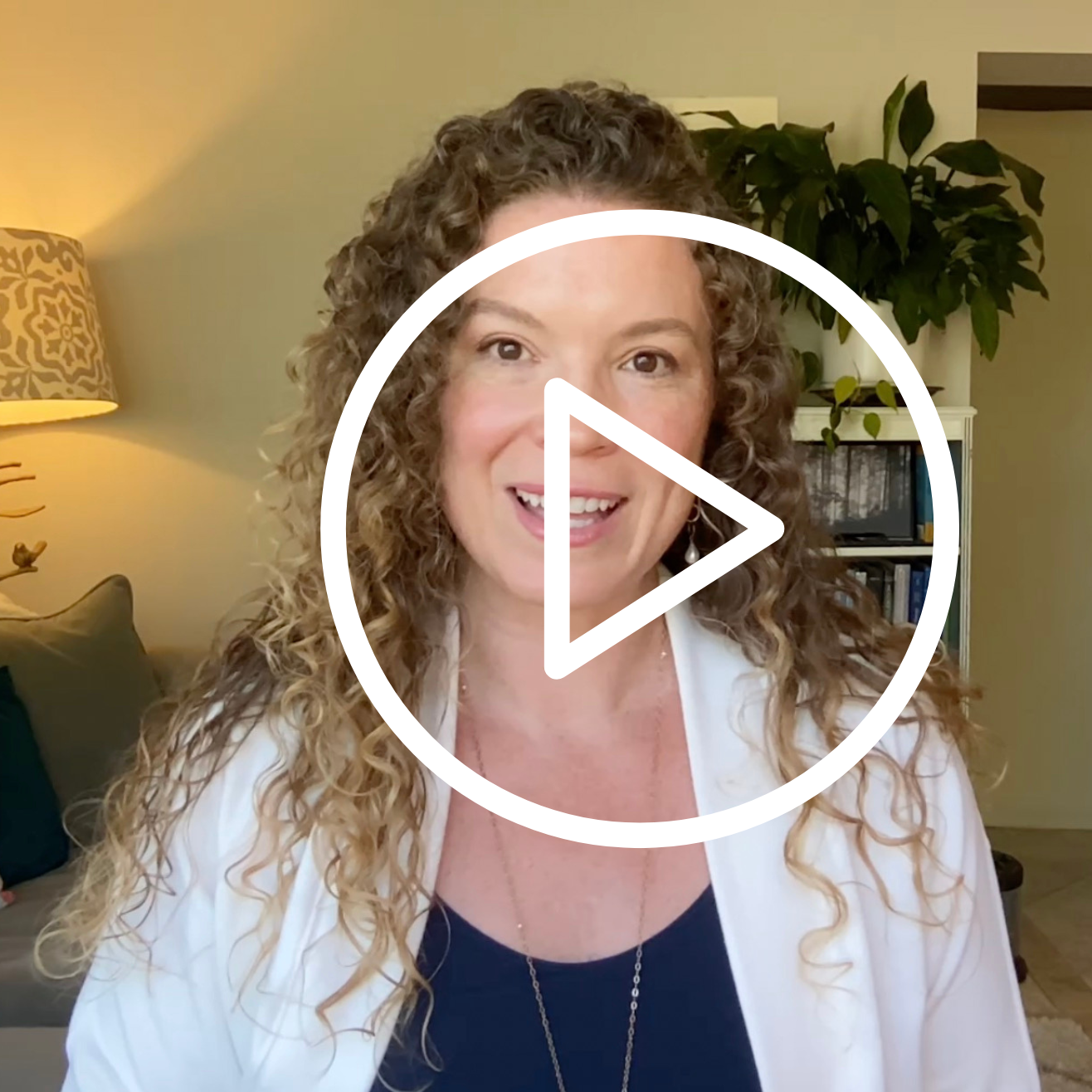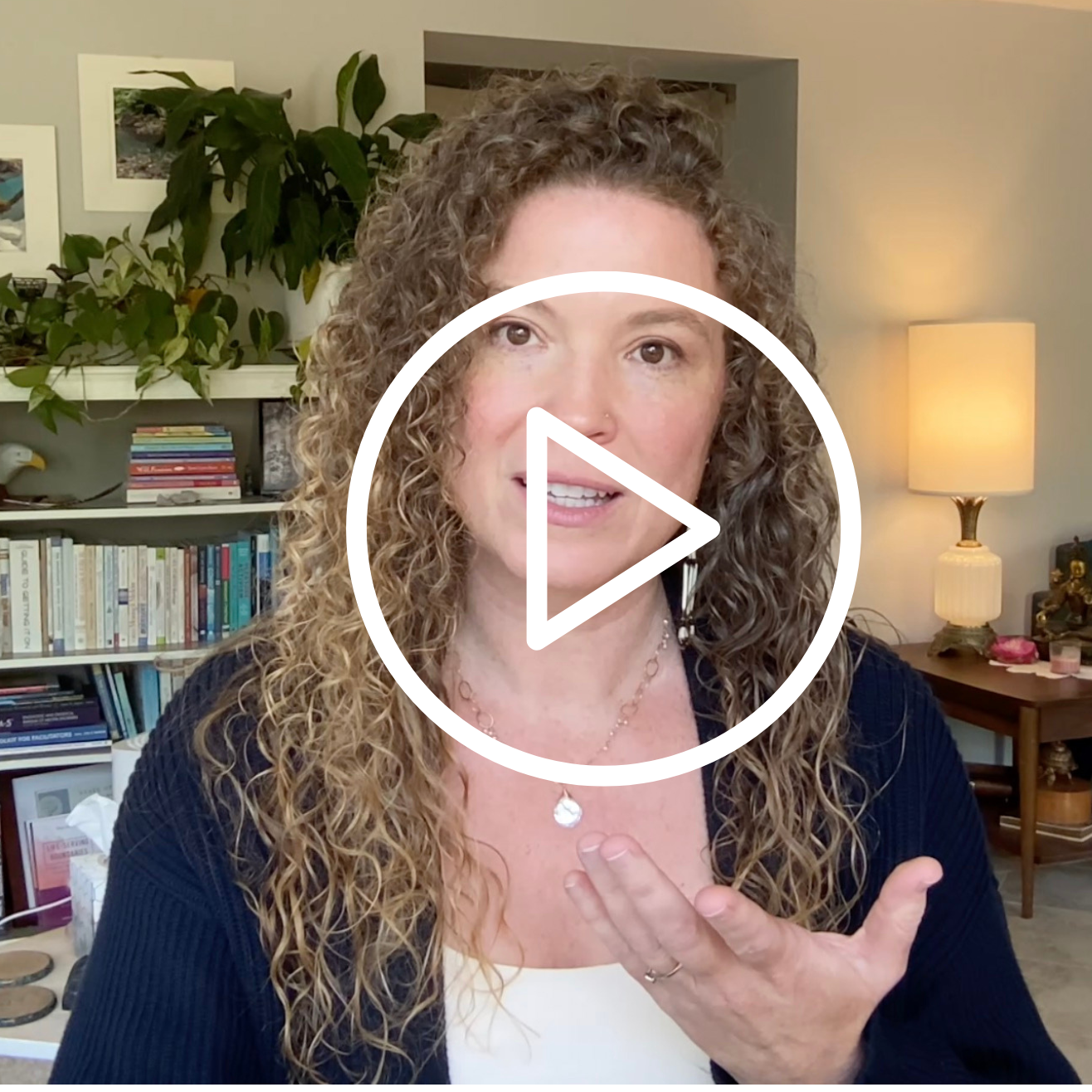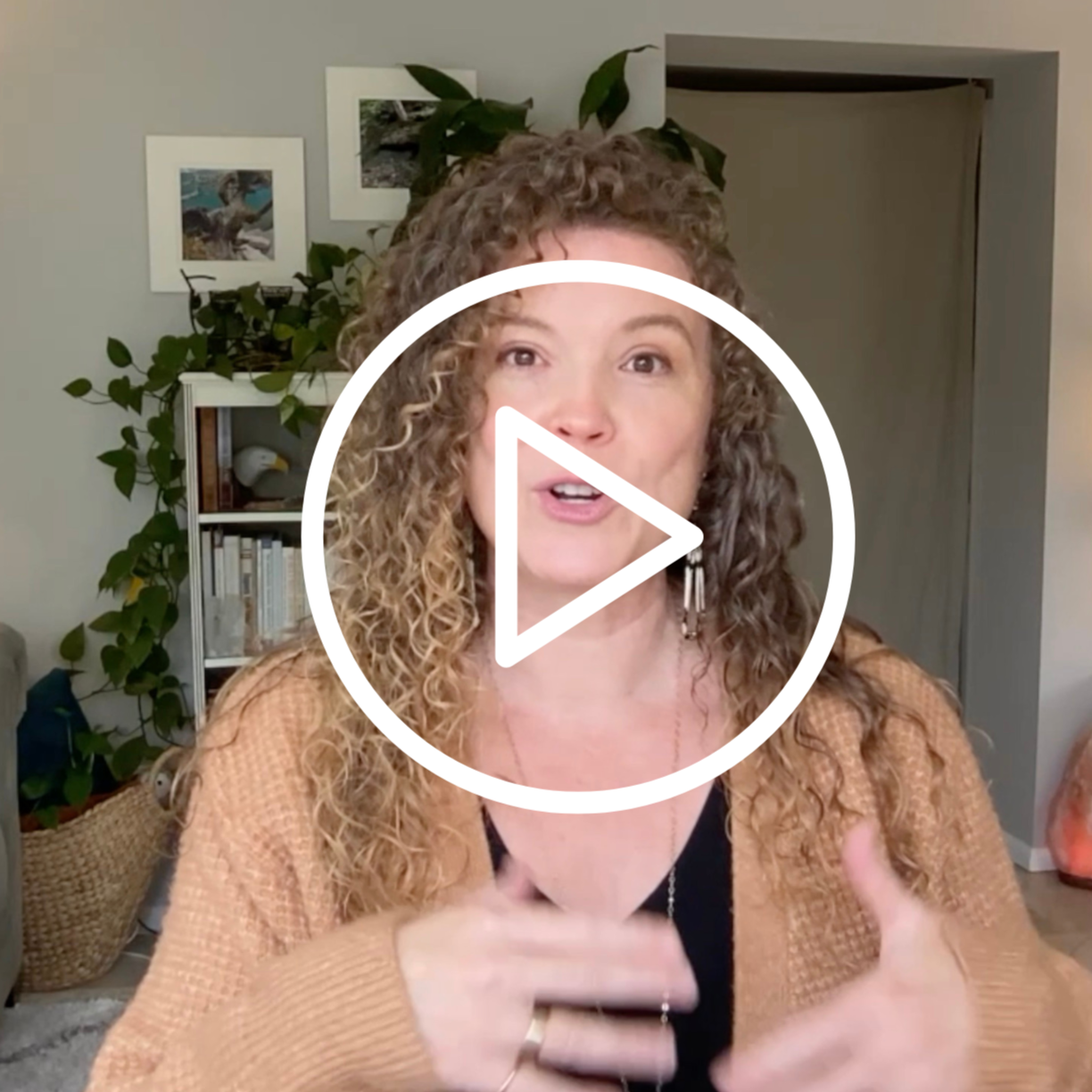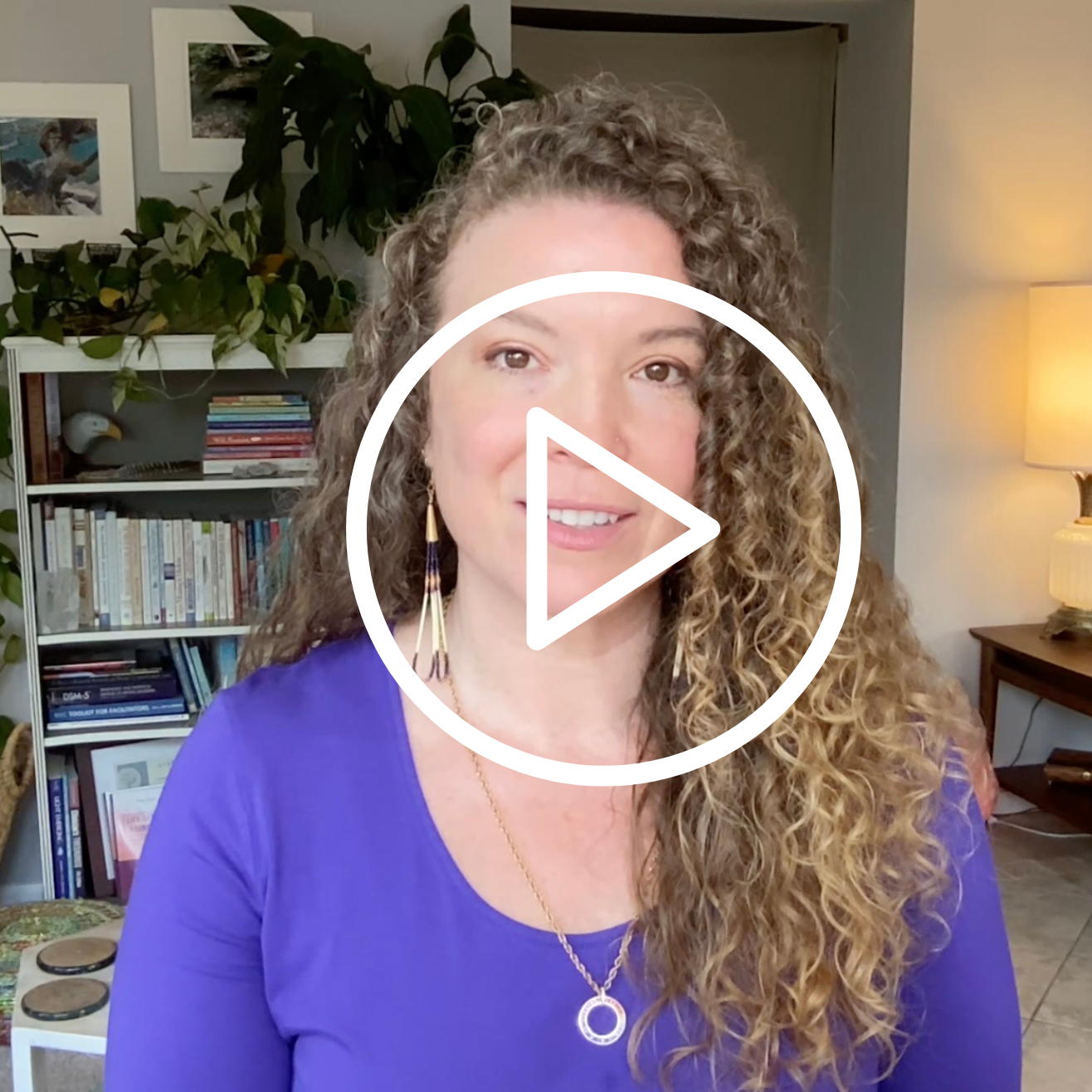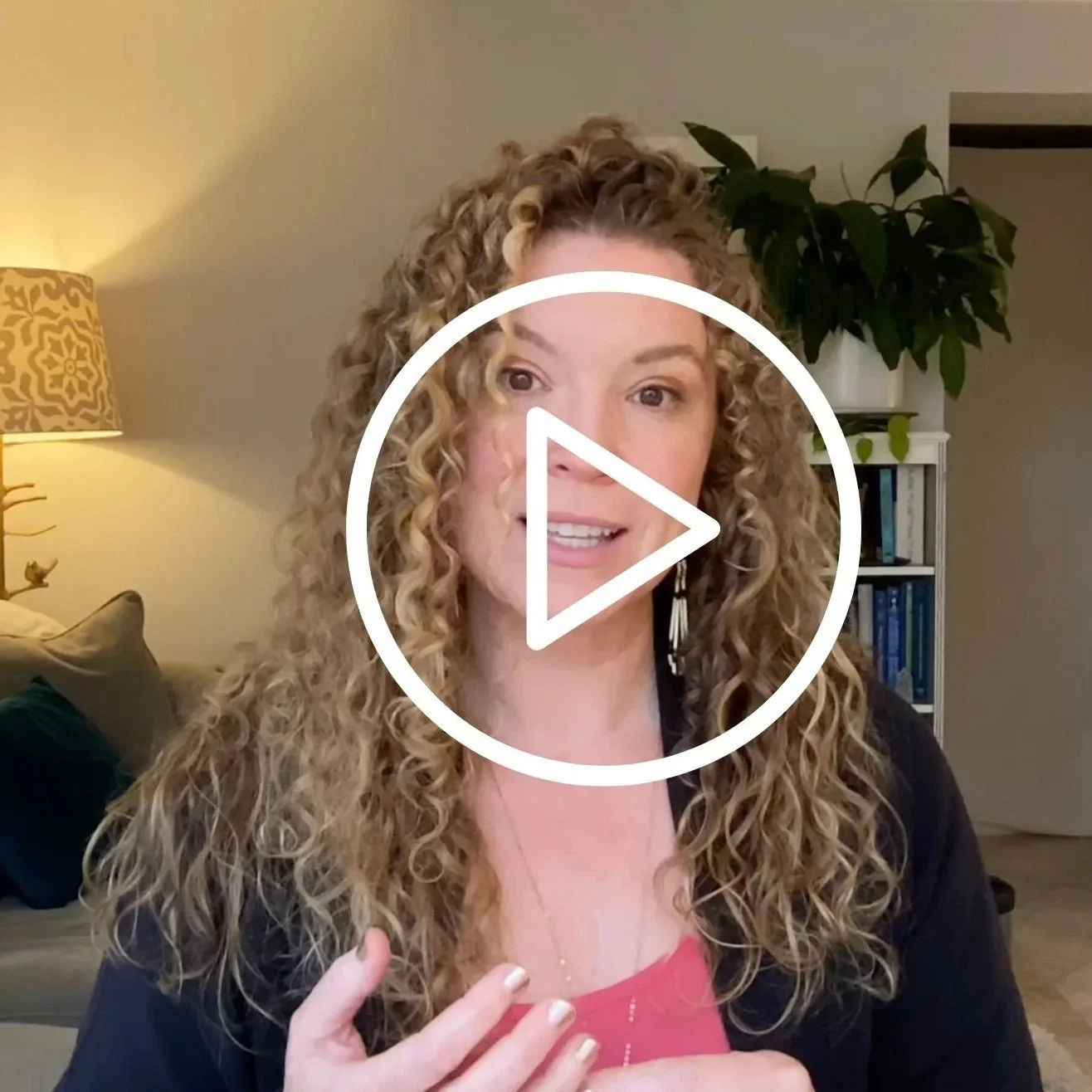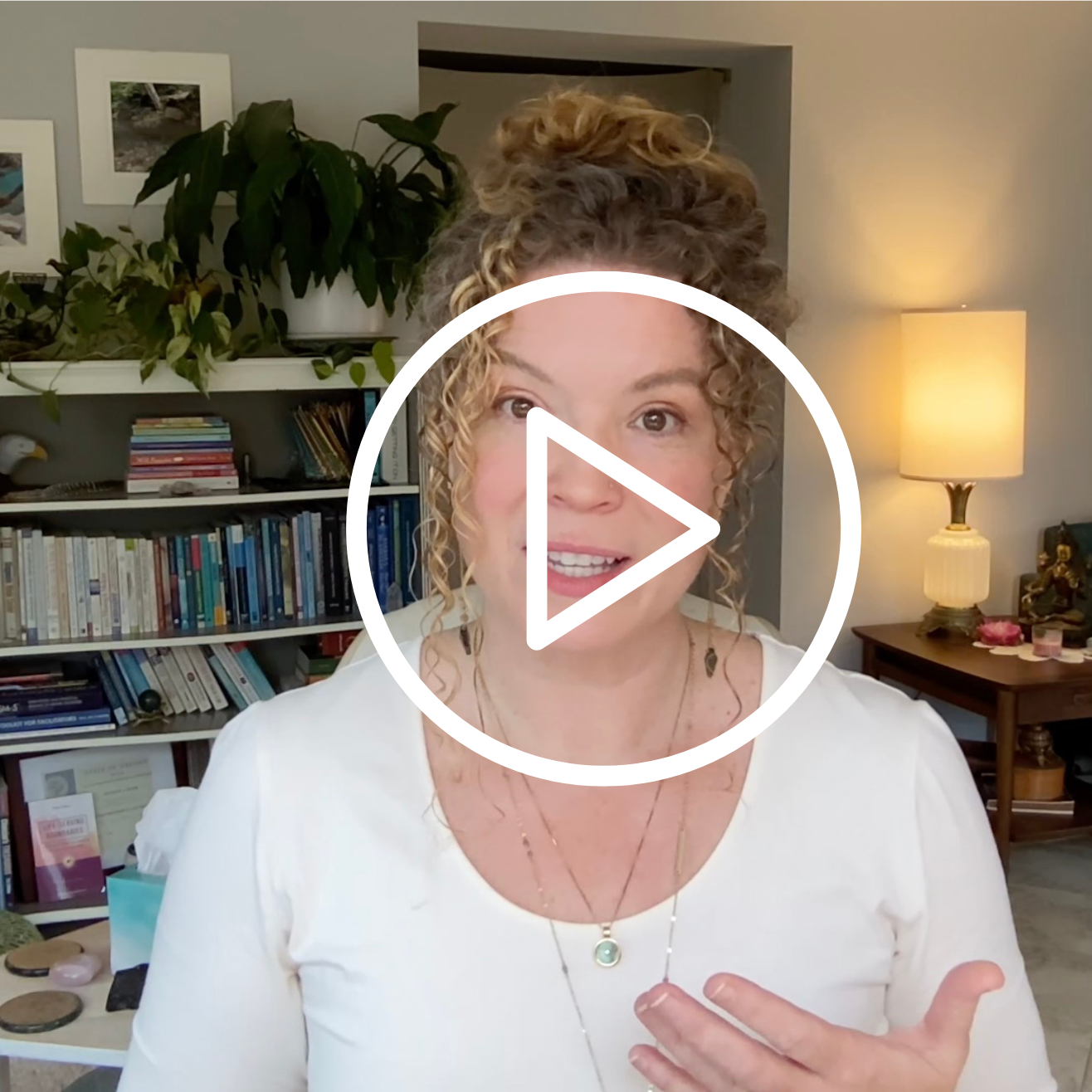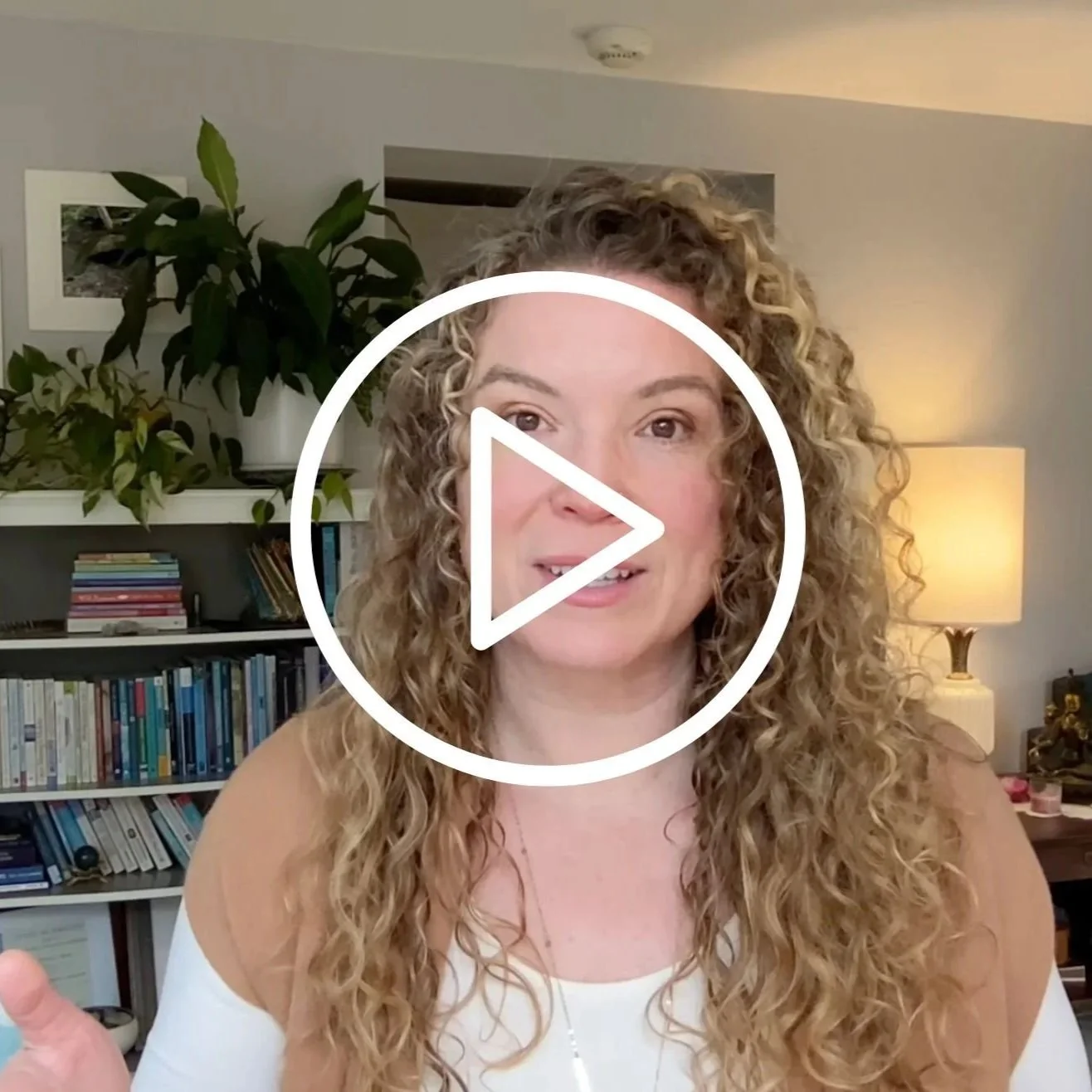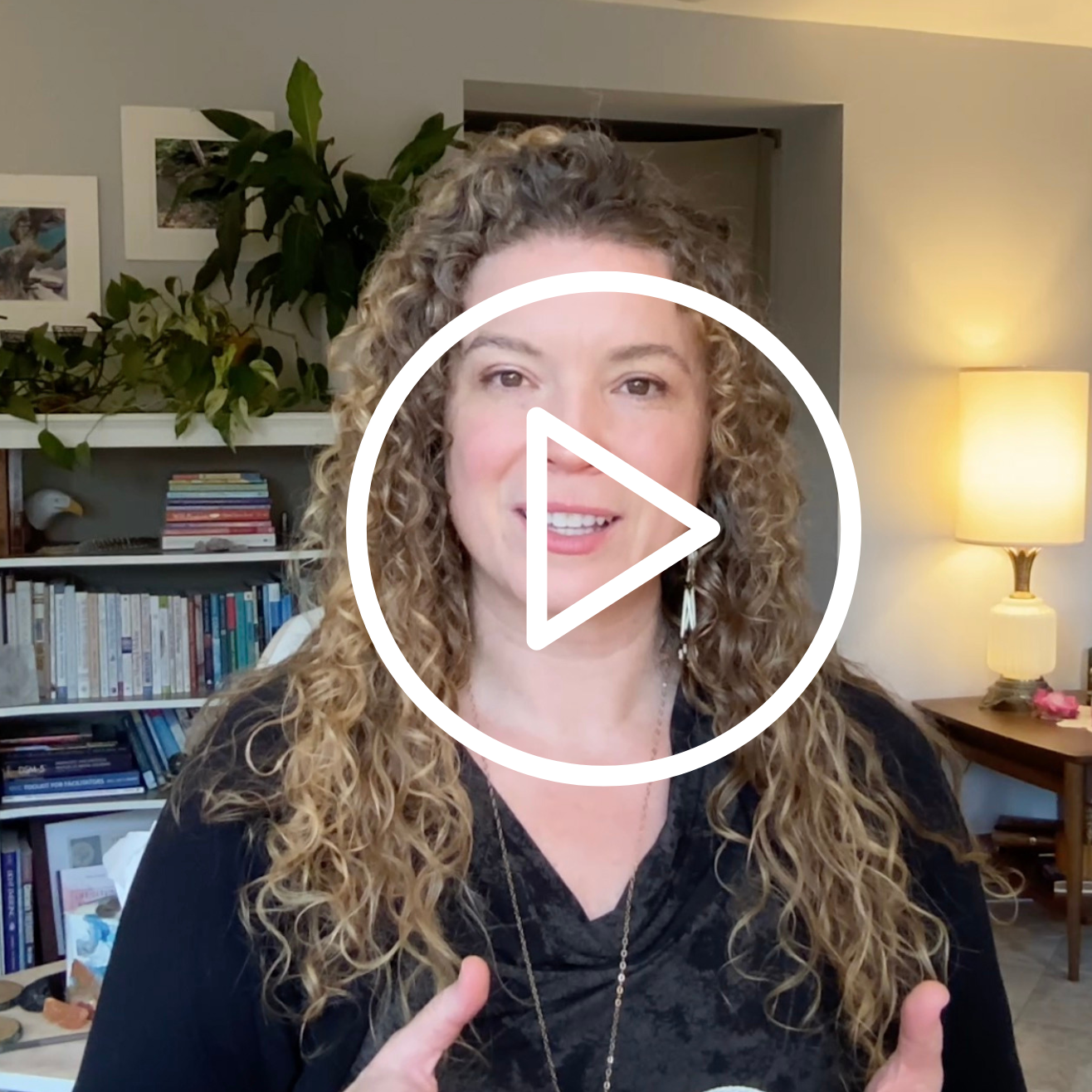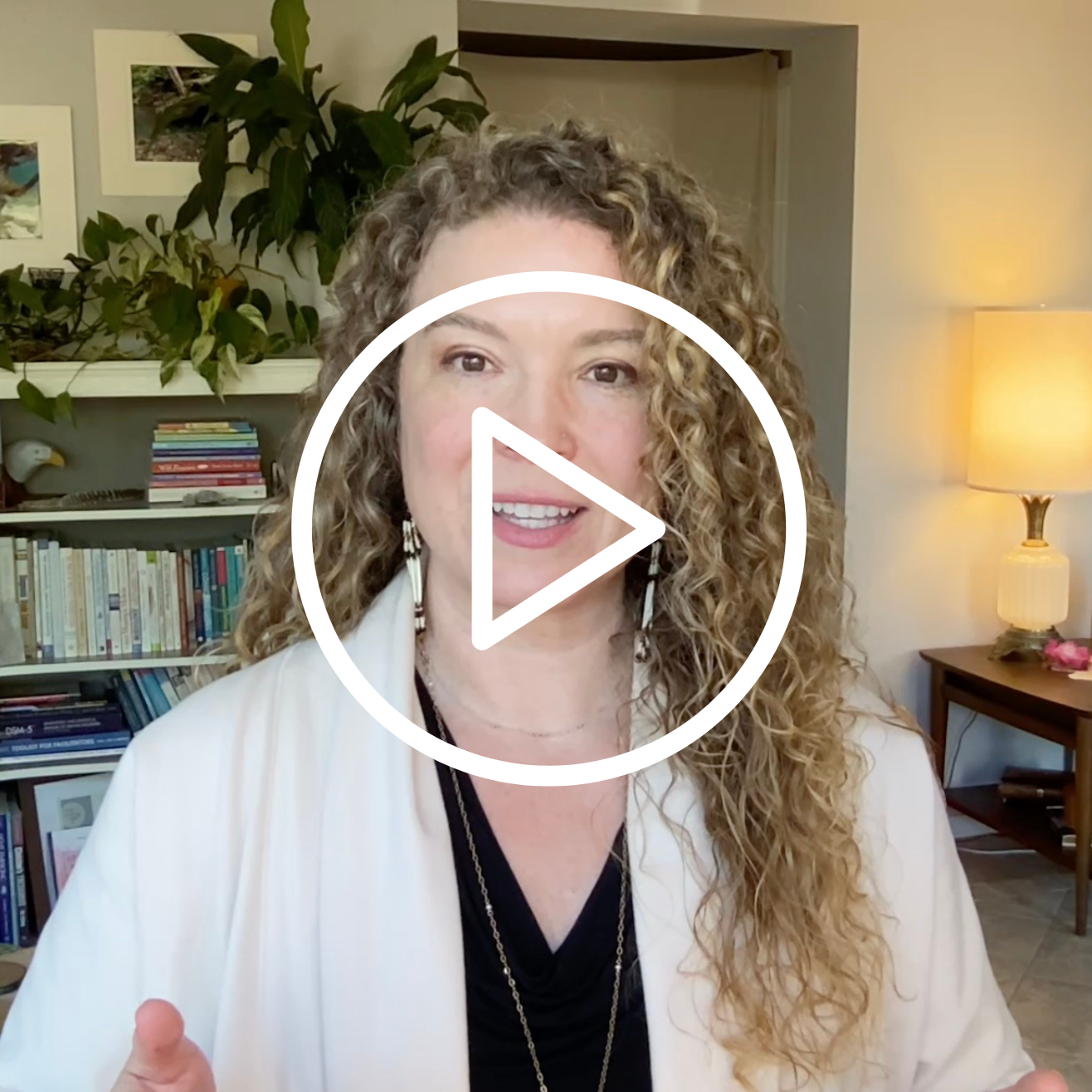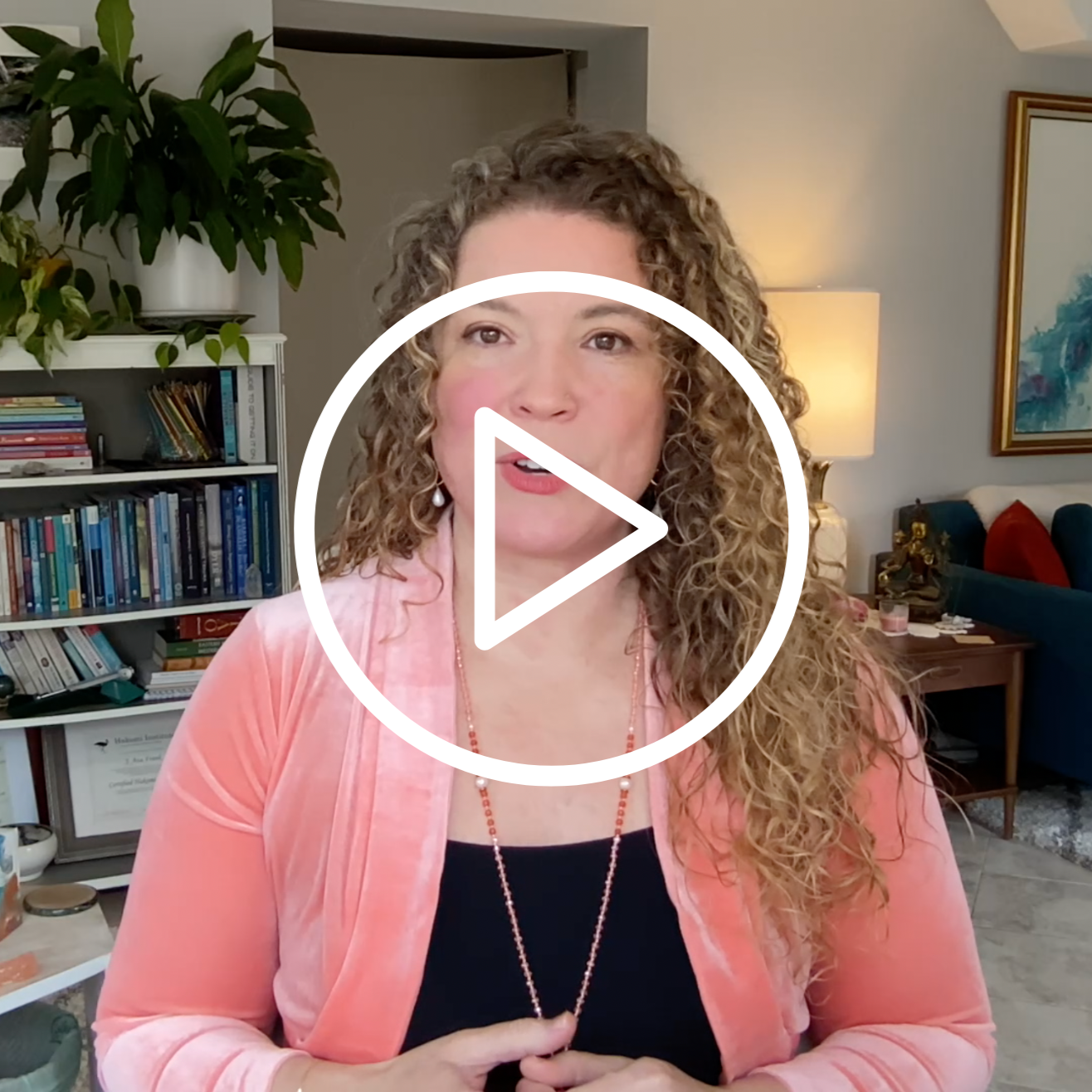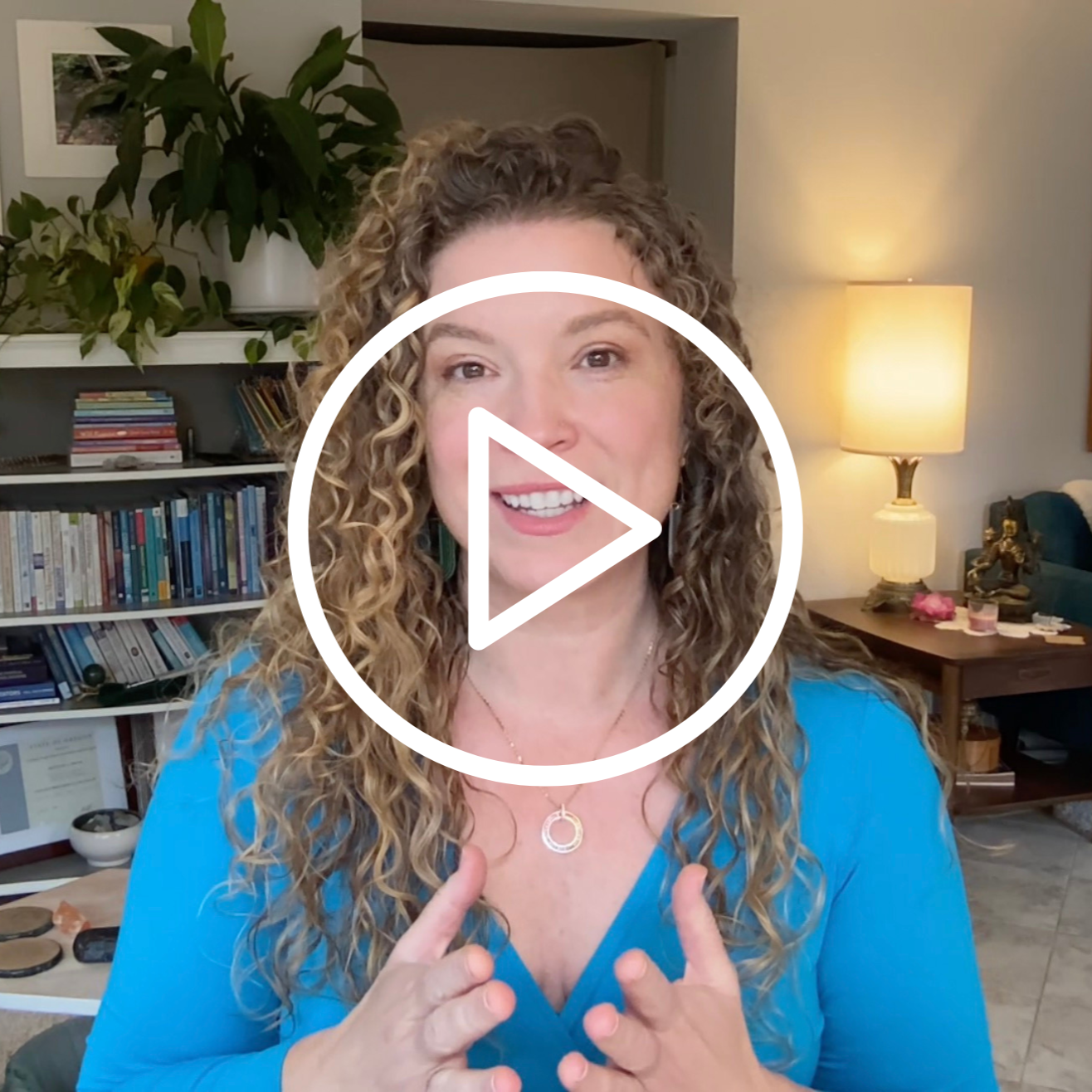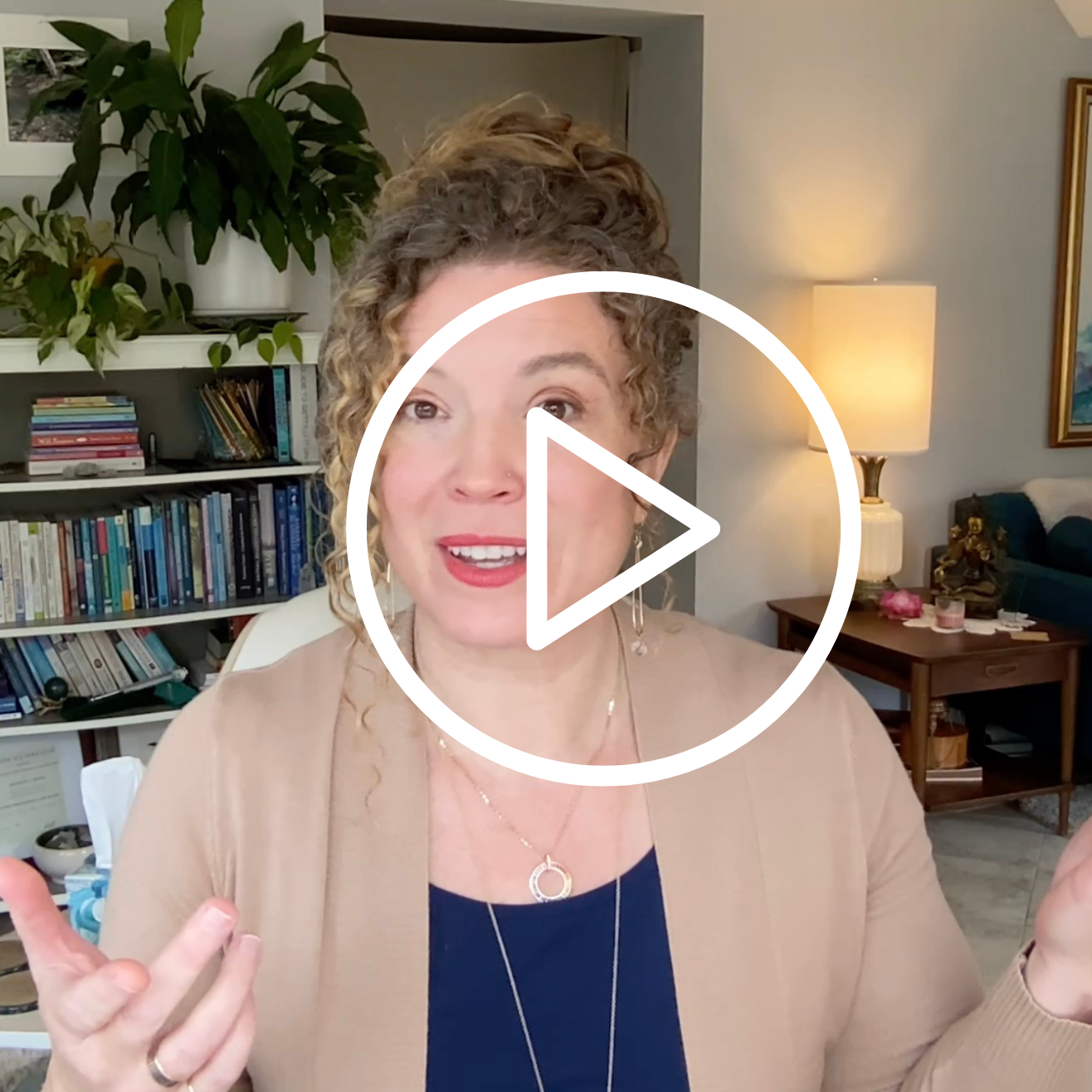
Mindful Compassionate Dialogue Therapy (MCDT)
Illuminate a Clear Path of Client Empowered Healing

What is MCD Therapy?
Mindful Compassionate Dialogue Therapy (MCD Therapy) is an experiential therapy model that integrates key elements of Nonviolent Communication (NVC), mindfulness, somatic awareness, and attachment-informed practice to train therapists to use dialogue as a pathway for discovery and relational healing, particularly in couples and relationship-focused work.
MCD offers 9 foundations for wellbeing and building an integrated sense of self. In addition, it illuminates 12 relationship competencies - clear, learnable skills for cultivating love, trust, and collaboration.
As clients grow in their capacity to embody these competencies, they can expand their ability to flourish in every part of life and love.
There are clients seeking this work. We look forward to growing the list of practitioners to refer them to!
Printable Client Resources:
Feelings & Needs List
MCD Overview of the 12 Competencies & 9 Foundations
Emapthy & Not-Empathy Descriptions
(Adapted from The NVC Dance Floors by
Bridget Belgrave & Gina Lawrie, www.NvcDanceFloors.com)
Wise Heart Podcast Episode: MCD Therapy, March, 2025.
Free Educational Videos for Clients!
Therapeutic growth often continues beyond the therapy room. Many clients appreciate knowing about accessible learning opportunities that can deepen their reflection and relational awareness between sessions.
For those who feel drawn to explore the contemplative and relational education roots of Mindful Compassionate Dialogue, additional low-cost offerings are available through Wise Heart PDX. These programs are offered independently and are separate from approved clinical continuing education.
Free Introductions to the 12 Relationship Competencies
What we are cultivating in this work is more than a set of interpersonal skills, it is the foundation for a profound shift in how human beings relate to themselves, to one another, and to the systems they inhabit.
Appreciation: Part 2
How appreciation supports power-with relating
Why Appreciation matters:
From recognizing what works, to strengthening bonds through acknowledgment, to cultivating cultures of appreciation and contribution
When clients learn to offer honest appreciation, they gain the ability to give specific feedback about what works and meets their needs. This strengthens bonds and building a shared understanding of how to nourish the relationship. Appreciation is rooted in the speaker’s perspective and gives the receiver the chance to hear the values and needs that have been met. In this way, it becomes a bridge that supports the receiver’s need for contribution and allows the giver to name the nourishment they have received.
“When you cooked dinner last night, I felt so relieved because it met my need for consideration and ease after such a long day. Thank you sweetheart.”
Practiced regularly, appreciation supports resilience by making good intentions and contributions known. It also promotes interdependence by showing how each person’s actions matter which interrupts habits of overlooking what is working, and expands awareness of all that functions well in the relationship.
Broader Impact: When woven into daily interactions, appreciation shifts focus from problems to nourishment. In couples, it reduces defensiveness, fosters mutual care, and builds trust. In communities and organizations, it cultivates cultures where people trust they are valued and generosity is a meaningful currency in human connection.
Empathy: Part 1
Empower clients to meet each other with warm presence and curiosity.
Empathy: Part 2
How to support clients when obstacles arise to offering and receiving empathy
Why Empathy matters:
From attuning to another’s inner world, to cultivating resilient partnership, to seeding a culture of compassion
The purpose of cultivating empathy in a couple’s relationship is to foster deep emotional connection and mutual understanding. Empathy is a willingness to step into their perspective while holding one’s own, creating a bridge between two inner worlds. This shift enables couples to meet challenges side by side rather than across a divide, replacing judgment and assumptions with clarity and compassion.
“It sounds like you’ve been carrying a lot lately, and maybe you are longing for someone to really see how much you’ve been holding together without judgment or advice, just presence. Is that right?”
Empathy invites warm curiosity into conversation enhancing communication, strengthens bonds, supports effective collaboration, encourages acceptance of differences, reduces loneliness, fosters personal growth, nurtures the home environment, and supports parenting through cultivating secure attachment.
Broader Impact: When empathy becomes a regular practice, its ripple effects extend far beyond the couple. It and shape a home where curiosity is modeled, diffrences are respected, and needs are met with care. Children raised in such an environment carry these patterns into their friendships, workplaces, and communities. Over time, the small, daily acts of empathy within a relationship help seed a cultural shift toward compassion and greater understanding.
Honest Expression: Part 1
Learn the benefits of supporting clients in centering needs, not strategies - a path to deeper connection
Honest Expression: Part 2
Learn the benefits of supporting clients in connecting feelings to needs rather than another's actions (Live workshop clip)
Why Honest Expression matters:
From self-responsibility, to cultivating authentic understanding, to creating relational cultures where truth-telling and care coexist
The purpose of cultivating Honest Expression in therapy is to help clients move from reactive, unintentional communication to conscious & self-responsible dialogue that reflects the speakers values and needs. In practice, this empowers couples to collaborate effectively and make shared decisions.
Honest Expression fosters self-responsibility by helping clients recognize that feelings arise from unmet needs and internal experiences rather than the actions of others. This awareness deepens emotional intelligence and helps clarify actions to meet those needs. It promotes vulnerability, which strengthens intimacy and trust, and builds mutual respect by honoring each partner’s autonomy.
In conflict, Honest Expression shifts the focus to universal needs, opening the door to collaborative decision making and reducing defensiveness, blame, and resentment. By addressing unmet needs early, it prevents long-term strain and resentment.
“When you arrived 30 minutes later than we agreed and I didn’t get a message (observation), I felt tight in my chest and pretty anxious (feeling). I’m aware I’m having a story that I don’t matter as much as other things (naming the thought as a story, not a fact). What’s underneath this is my need for love and security (need). Would you be willing to tell me what was happening for you, and then can we talk together about how to handle timing in a way that works for both of us next time?” (connecting + action request)
Broader Impact: When practiced consistently, Honest Expression extends its influence far beyond the couple. In families, it creates a model of communication grounded in clarity, respect, and shared responsibility. In workplaces and communities, it fosters connections where a diversity of perspective can be met with curiosity rather than fear. Over time, these patterns contribute to the evolution of human relating by giving us the steps to move from systems built on dominance, avoidance, or coercion toward those rooted in mutual understanding and collaborative problem-solving.
Self-Empathy: Part 1
Learn the benefits of supporting clients in accessing a state of warmth and compassion to their experience (A personal story)
Self-Empathy: Part 2
How to support clients when obstacles arise to identifying their needs.
Why Self-Empathy matters:
From befriending the inner world, to anchoring in spacious presence, to cultivating communities of care and connection
Self-empathy is the practice of building a warm, compassionate relationship with one’s own experience. It offers relief from the inner wars of criticism, self-doubt, and emotional reactivity.
Supported by skills such as sensing shared humanity, identifying feelings and needs, and anchoring mindfully in the compassionate witness, self-empathy restores and protects the nervous system’s capacity for connection. Clients can learn to cultivate anchors, which are simple, chosen focal points that help interrupt reactivity and stabilize awareness so that experience can be held without being swept away by it. This spaciousness allows clients to reliably name their inner experience, link it to universal needs, and respond with curiosity rather than reactivity.
When clients learn to reliably name their inner experience and connect it to universal human needs, they begin to move from reactive patterns toward a stance of curiosity and mutual care.
“I’m going to slow down and stay with myself for a moment, to feel into what I’m needing and let some openness emerge before choosing my next step.”
Broader Impact: The ripple effects are substantial. Clients who can anchor in compassion and connect to their needs are more likely to show up in relationships as steady, empathic, and flexible. They may then bring this same capacity into their workplaces, families, and social networks. Over time, this can translate into communities where people actively orient toward needs, collaborative problem-solving, and sustained mutual care.
Recognizing Reactivity: Part 1
Learn to recognize the many forms of reactivity and discover how this core relationship competency helps couples shift from protection into connection.
Recognizing Reactivity: Part 2
Discover how to help clients notice when their chronic reactive strategies says “no” to what their heart longs for, and how compassionate awareness can restore their capacity to receive
Why Recognizing Reactivity matters:
From noticing protective patterns, to choosing presence over protection, to cultivating communities that stay connected through challenge
The purpose of cultivating awareness of reactivity in a couple’s relationship is to help partners step out of automatic defenses and into choicefull connection in the present moment. Reactivity often arises when tender needs like safety, to be seen/known or care are perceived to be threatened. Instead of responding with curiosity and care, partners may protect themselves through anger, withdrawal, blame, or shutting down. Recognizing reactivity is about learning to notice these patterns in real time, with compassion, so they no longer control the conversation.
Recognizing reactivity allows couples to respond to one another with greater compassion and creativity. It is a profound act of love to say:
“I see I’m in reactivity, and I want to pause to find my center.”
That choice reclaims the possibility of intimacy and understanding in the very moments that once created distance.
Broader Impact: When recognizing reactivity becomes a practice, its ripple effects reach far beyond the couple. It can help foster a home where pauses replace explosions, where vulnerability is safe, and where differences are met with curiosity instead of defense. In workplaces and community groups, individuals who can recognize their own reactivity are less likely to escalate disagreements and more able to collaborate across differences.
Managing Reactivity: Part 1
Discover the deeper purpose of managing reactivity in therapy, not as a tool for behavior control, but as a profound pathway to healing. You’ll explore how helping clients meet the tender need beneath their reactivity can transform protection into a doorway for healing.
Managing Reactivity: Part 2
Explore how clients who have integrated multiple relationship competencies can now step into this deeper work. You'll see how the building process unfolds and just how profoundly transformative it becomes once clients are ready to manage reactivity with confidence and skill.
Why Managing Reactivity matters:
From restoring self-regulation, to co-regulating in partnership, to creating relational ecosystems where safety and connection flourish
Managing reactivity is about restoring access to presence, compassion, and discernment after reactive patterns arise. Through mindful awareness and regulation practices, clients learn that they can return to their center, choose responses aligned with their values and need, and relate from openness rather than protection.
Managing reactivity gives clients the ability to pause, regulate, and anchor into a state of openness. This transforms moments that could become painful disconnection into an opportunity for deeper understanding and intimacy. Rather than fighting, shutting down, or appeasing, partners begin to engage with curiosity, empathy, and self-responsibility.
“I noticed my chest tightening and my impulse to pull away. I remembered this is an old pattern I don’t have to do here to make sure I’m safe. I regulated my body and then I anchored into openness by placing my hand on my heart, take a relaxing breath, and remembered that my needs are valued by my partner. From there, I could listen again.”
Broader Impact: When managing reactivity becomes a shared practice, the benefits ripple outward. Homes can become safer emotional environments where it’s possible to express needs without fear of attack or withdrawal. Couples learn to co-regulate and hold each other with care. And these people can contribute to communities and workplaces as havens of steadiness where differences can be held with grace.
Needs-based Negotiation: Part 1
This video outlines how Needs-Based Negotiation supports clients in shifting from “me versus you” toward “us, a team working together,” helping partners understand and hold one another’s needs with care.
Needs-based Negotiation: Part 2
This video outlines how when we move from competing about strategies to connecting around needs, confusion dissolves and creative collaboration becomes possible.
Why Needs-based Negotiation matters:
From anchoring in the presence of universal needs, to co-creating strategies that serves life, to cultivating cultures of collaboration and care
Needs-based Negotiation helps couples shift from persuading or debating into a shared collaboration from the intention to care for each person’s needs. Rather than debating strategies or deciding who is right, we support coupes in staying with the aliveness of needs, and their mutual care for each other needs. From this ground, nervous systems relax, creativity returns, and collaboration becomes possible.
Concise, expression (of observations, thoughts, feelings, needs, and requests) support attunement and allows listening to deepen. After some creative brainstorming, couples move towards the final step of creating specific, doable agreements that build trust in how they will move forward together.
“When you asked to pause and then said, ‘I want us to care for both our needs here,’ I felt my chest soften. I’m longing for security and you’re longing for freedom, let’s see how we can take care of both.”
Broader Impact: When practiced consistently, Needs-based Negotiation transforms conflict into a pathway for intimacy and trust. In homes, it reduces polarization and increases care. In teams and communities, it models power-with collaboration and dignifies differing needs. Over time, these conversations cultivate relational cultures where clarity and mutual stewardship of needs can become the norm.
Life-Serving Boundaries: Part 1
This video is about how most of us were taught that boundaries are about saying no, but Life-Serving Boundaries invite a different orientation toward saying yes to our needs and values. In this video, I share how this shift brings more clarity, warmth, and connection for clients and couples.
Life-Serving Boundaries: Part 2
This video explores why helping clients name a boundary is often not enough to help it hold, and how underlying beliefs can undermine even the clearest intentions. You’ll learn how identifying and working with limiting beliefs that make boundaries challenging to hold is a key intervention that supports steadier boundaries.
Why Life-Serving Boundaries matter:
From orienting toward what serves life, to creating relational clarity and safety, to cultivating cultures of mutual respect and sustainable care
The purpose of cultivating life-serving boundaries is to stay rooted in what truly serves in life and connection. Unlike boundary frameworks that focus on restriction or rejection, life-serving boundaries orient attention toward what we are saying yes to: our values, needs, capacity, and aliveness.
When boundaries are unclear, overly flexible, or rigid, a sense of threat can enter the nervous system, destabilizing connection and diminishing trust. When boundaries are clear and consistent, clients can relax into greater emotional security, confidence, and freedom both within themselves and with others.
“I’m noticing that if I say yes to this request, I’ll lose my capacity to care for my health and presence this week. I want to honor my need for rest, so I’m going to say no, can we talk about other ways I can be a support?”
Practiced consistently, life-serving boundaries allow clients to remain heart-connected while honoring their limits, to express care without over-extension, and to collaborate from a grounded sense of choice rather than obligation or fear. Over time, this competency strengthens self-trust and supports relationships that are both nourishing and resilient.
Broader Impact: When life-serving boundaries become a shared practice, their ripple effects extend beyond the couple. In homes, family members are less likely to carry unspoken obligations or emotional overload. Workplaces and communities benefit from clearer roles and reduced burnout. People can learn that care and limits are not opposites, but are each essential to thriving.
Thriving & Resilience: Part 1
Without enough thriving and resilience in place, even the best skills can be hard to access in the moment they are needed. In this video, I explore why these capacities shape life and learn about one powerful skill that helps clients respond with greater steadiness.
Thriving & Resilience: Part 2
In this video, I explore equanimity as a capacity that helps clients stay present with both discomfort and nourishment without becoming reactive or avoidant. This is a powerful resource for increased resilience in life and relationships.
Why Thriving & Resilience matters:
From living with purpose, to enjoying a thriving and resilient life in connection, to contributing meaningfully within relationships and community
When people are connected to what gives their life purpose, they often begin to seek not just relief from pain, but focus their energy towards a way of living that feels meaningful and alive. When needs are met consistently enough, thriving emerges and there is space for creativity and integration of all that is learned. Resilience develops as the capacity to stay connected to oneself and others in the face of stress, change, or difficulty, and to return to center when life inevitably has challenges,
To support thriving and resilience, we may practice increasing clarity and regulation by expanding the capacity to describe events with neutral observation so the nervous system is not overwhelmed by interpretation. We may explore cultivating nourishment across emotional, physical, mental, and spiritual domains. We may explore meaning and purpose. And intentionally broadening interdependent relationships so that no one is carrying life alone.
“We have formed a group of neighbors who take turns watching the kids so the other couples can have a night of rest or a date. It’s nourishing to recieve and gives us a sense of purpose and connection to also be able to contribute to them when it’s our night to watch the kids!”
Broader Impact: As thriving and resilience deepen, relationships become places of steadiness and renewal. This stability ripples outward, in homes there can be more laughter, more shared rest, and clearer communication about needs. Children grow up watching adults take responsibility for their nervous systems, speak honestly about what matters, and seek support rather than collapsing in isolation. The home becomes a place of restoration rather than depletion.
Individuals and families can offer practical support to neighbors, engage in schools and civic spaces, and collaborate across differences and contribute from steadiness of purpose. Over time, this builds neighborhoods and networks where mutual aid and care strengthens the resilience of the larger community as a whole.
Relationship Repair: Part 1
In this video, I explore why repair is an essential skill and introduce one simple practice that helps couples stay with a single moment so real healing can occur. Over time, this builds trust that connection can be restored and effective repair processes are possible!
Relationship Repair: Part 2
Why Relationship Repair matter:
From inner steadiness, to restoring connection, to collective healing
In every lasting relationship, there will be moments of disconnection. We misattune, we forget, and we say what we don’t mean. Repair is the path back to connection.
At the intrapersonal level, relationship repair begins within. It asks each partner to pause and notice what is happening inside, to connect with the tender needs underneath hurt or defensiveness. To anchor into compassion for self and the other which opens the doors to repair. This inner steadiness creates the conditions for meaningful repair.
At the interpersonal level, that awareness begins to take shape in dialogue. Partners learn to name a specific event. To express feelings connected to needs. To listen with empathy. To make clear, doable requests. Repair becomes a shared process of restoring trust. Each repaired rupture strengthens the bond and increases confidence that disconnection does not mean the end of connection.
At the collective level, the capacity for repair ripples outward. Couples who know how to tend to rupture raise children who learn that conflict can be worked through. Communities become more resilient when people know how to return to one another after hurt. The skill of repair supports cultures of accountability, compassion, and collaboration.
Relationship repair is an advanced relational competency. It integrates mindfulness, empathy, self-responsibility, and needs-based negotiation. When practiced over time, it transforms moments of pain into opportunities for deeper connection.





